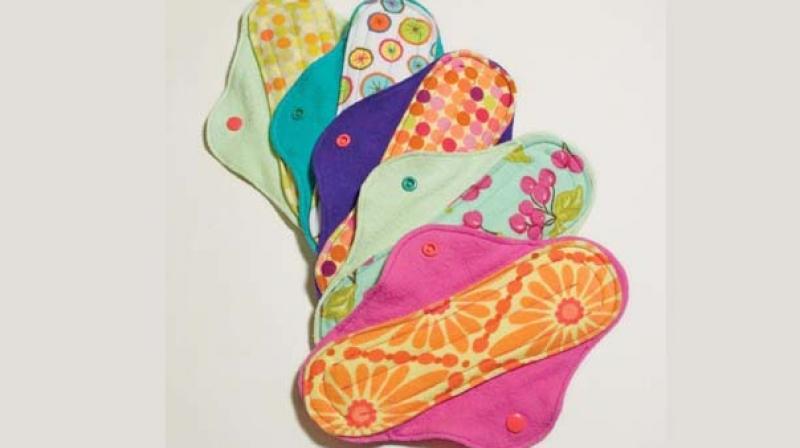Menstrual hygiene
Children fear to discuss menstruation with their parents.

CHENNAI: Every year, Menstrual Hygiene Day observed on May 28 witnesses numerous awareness programmes that aim to break taboos and educate people about the importance of Menstrual Hygiene Management (MHM). Despite the efforts, MHM in Chennai takes a back seat with a huge chunk of population considering menstrual cycle “impure.”
“Indian tradition has made it into a taboo. People visit a doctor when they have any other issue, but children fear to tell their parents if they experience something strange during menstruation. As a result, numerous deaths occur due to cervical cancer. One in 10 women die due to this,” said activist Andrew Susayraj.
To change the outlook of adolescents towards menstruation, teachers and parents must open up about the topic in front of them. Also, it is equally important for boys to know the same.
While awareness and education remain some factors leading to lower MHM, lack of maintenance of infrastructure facilities seem to play a major role.
“In Chennai, one third of the people lives in slums where they do not have access to running water or clean washrooms. Also, public toilets are worse. It is a nightmare for a woman to step outside her home as she can only change her napkin after she gets back as the dingy and dirty public toilets only lead to more infections,” said gender specialist Geetha Narayanan.
Also, facilities for disabled women are inadequate. M. Nayana, a student, complained that she had to crawl on the dirty floor of public washrooms with sanitary napkins lying all over to change her napkin. In some places, the washrooms have steps making it impossible for them to use.
One more issue is how safe the menstrual pads are. Lokanayaki, a gynaecologist, says that the synthetic pads being used have cellulose, which may produce dioxin that might lead to cancer.
It is advisable to change pads every three hours even if the advertisements show that a pad can be used overnight.
“Also, when disposing sanitary napkins, cover it with a wrapper and put them in deep bins to avoid infections. Bins that are small serve no purpose,” she said.
Alternatives to sanitary napkins
A recent study by National Family Health Survey (NFHS) says that 78 per cent of urban women use disposable sanitary napkins or tampons daily.
Pads are not only harmful to the body, but also to the environment as they result in tones of plastic waste every day.
Kavya Menon, menstrual educator and biotechnologist suggests some alternatives:
Cloth Pads: Pads that are made with superior fabric cost about '400. They can be used for 650 washes.
Menstural Cups: The cups cost about '800 and can be sterilised and reused after each cycle. They can be used for 20 times at least.
Cotton Cloth: The age-old method of cotton cloth is also an effective alternative. Fabric taken from a cotton sari can be used from three to five months. But, it has to be washed and dried regularly.
